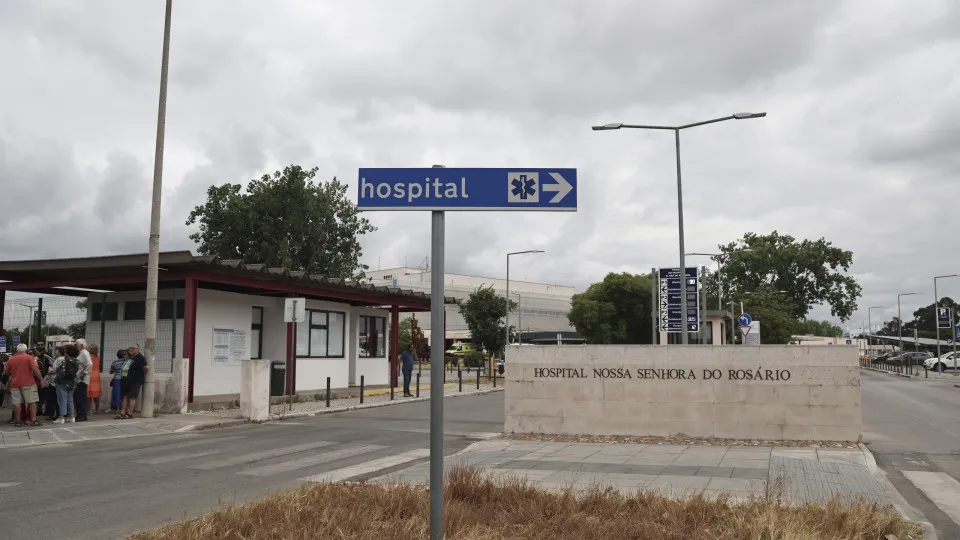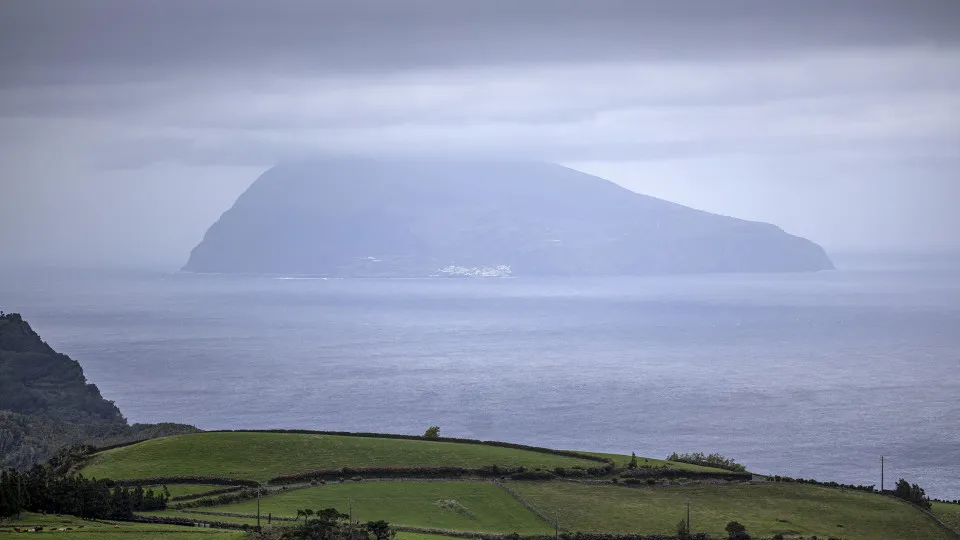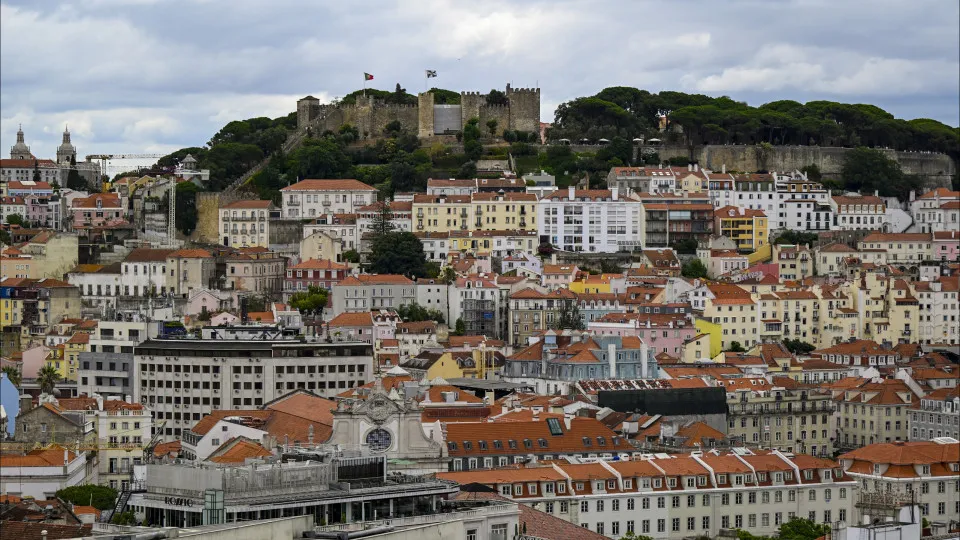
“We have here a hospital with one million euros invested in the maternity ward, serving four municipalities of the Arco Ribeirinho. We do not view favorably this project to concentrate emergency services at Garcia de Orta,” said Antonieta Bodziony from the Barreiro users’ committee.
Antonieta Bodziony added that Garcia de Orta, in Almada, is already strained by the population it currently serves (Almada and Seixal), and “it will be chaotic if it also has to support this population.”
The protest was organized by the Health Users Committees of Arco Ribeirinho Sul and the Setúbal Union of Trade Unions and was also supported by the National Federation of Doctors (FNAM).
In statements to journalists, FNAM President Joana Bordalo e Sá said that concentrating emergency services into one general emergency center makes no sense.
“What they are telling the population is that services will be closed and they will not have nearby obstetrics and gynecology emergency care,” she said.
Joana Bordalo e Sá emphasized, “It is extremely important that this maternity ward remains open so that the region’s pregnant women can have nearby care.”
“Services are not supposed to be closed; on the contrary, the path should be in the opposite direction, with solutions to ensure that services are fully operational,” she said, adding that there is no shortage of doctors in Portugal, only a shortage within the National Health Service.
The solution, she argued, involves fair salaries and dignified working conditions to attract doctors to the National Health Service.
The protest also included participation from PCP Deputy Paula Santos and CDU candidate for the Barreiro City Council, Jéssiva Pereira.
Jéssica Pereira expressed to Lusa her deep concern about the potential closure of the Barreiro hospital maternity ward.
“It is very concerning and unacceptable to force pregnant women from Sines to Almada to rely on a single option for childbirth,” she said.
Deputy Paula Santos also deemed the concentration of emergency services unacceptable, considering this measure means closing services and removing nearby care from the population.
“This decision, besides harming pregnant women, will have another consequence of pushing more healthcare professionals out of the National Health Service. Forcing professionals to perform tasks outside their workplace may lead them to leave the SNS,” she stressed.
Additionally, she believes that Hospital Garcia de Orta will not have the capacity to serve the entire Setúbal Peninsula, where 4,800 births were performed in 2024 across the three emergency rooms (Almada, Setúbal, and Barreiro).
On September 17, the Health Minister, Ana Paula Martins, announced in parliament the imminent creation of a regional obstetrics emergency service in the Setúbal Peninsula, with Garcia de Orta in Almada operating continuously and Setúbal Hospital receiving cases referred by SNS 24 and INEM.
The minister, speaking before the Parliamentary Health Committee, also stated that a tender will open in 2026 to establish a Maternal and Child Center in the Setúbal Peninsula, “which will be within the perimeter of Hospital Garcia de Orta.”
In response to this announcement, the Barreiro mayor criticized the Health Minister for devising strategies without including the Setúbal Peninsula councils and vowed “fierce opposition” to any potential end to obstetrics emergency services in the city’s hospital.
The mayor indicated to Lusa that, based on what councilors have read—since government contact has been nonexistent—the obstetrics department will remain at Nossa Senhora do Rosário Hospital in Barreiro, but the specialty’s emergency services will not.
Nossa Senhora do Rosário Hospital belongs to the Local Health Unit of Arco Ribeirinho (ULSAR), directly influencing the municipalities of Barreiro, Moita, Montijo, and Alcochete, all within Setúbal district.
According to Pordata statistics, these four municipalities currently have 232,604 inhabitants.
ULSAR also includes the District Hospital of Montijo and the health centers in Alcochete, Barreiro, Quinta da Lomba, Moita, Montijo, and Baixa da Banheira.
The Setúbal Peninsula region has a population of 834,599, according to 2023 INE data.
This region comprises nine municipalities (Almada, Seixal, Barreiro, Moita, Montijo, Alcochete, Setúbal, Sesimbra, and Palmela) and is one of the most populous in the country.




